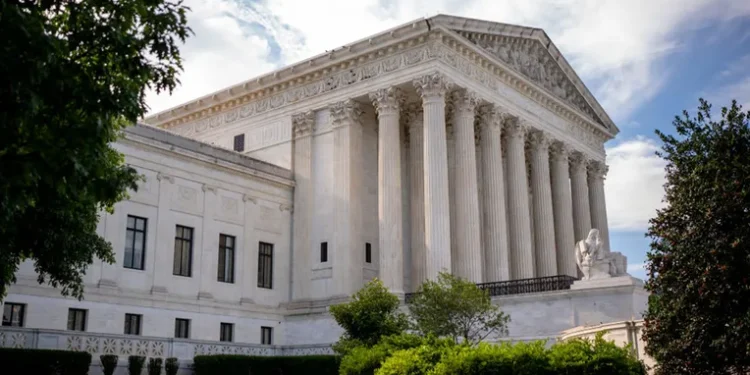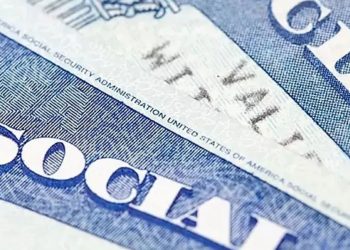WASHINGTON – On Monday, the Supreme Court ruled in favor of the Trump administration, allowing it to strip legal protections from 350,000 Venezuelans.
The court’s order, with only one dissenting voice, paused a federal judge’s ruling from San Francisco that maintained TPS protections for Venezuelans, which were set to expire last month. The justices offered no explanation, as is typical in emergency appeals.
Earlier, a federal appeals court had rejected the administration’s request to pause that ruling while the lawsuit continued.
This case is one of many emergency appeals President Trump’s administration has taken to the Supreme Court, mostly related to immigration.
Last week, the government asked the court’s permission to end humanitarian parole for hundreds of thousands of immigrants from Cuba, Haiti, Nicaragua, and Venezuela, potentially paving the way for their deportation.
The high court has also been involved in legal fights over Trump’s push to quickly deport Venezuelans accused of gang activity to a prison in El Salvador, using the 18th-century Alien Enemies Act.
The administration has aggressively moved to withdraw protections that have allowed immigrants to stay, including ending TPS for a total of 600,000 Venezuelans and 500,000 Haitians. TPS is granted in 18-month intervals.
Last week, the Department of Homeland Security announced TPS for Afghanistan, first granted in 2022, will end in mid-July.
The Other Side
“This decision forces families into an impossible choice: survive or seek stability,” said Cecilia Gonzalez Herrera, who sued to stop the Trump administration from revoking protections for her and others.
“Venezuelans are not criminals,” Gonzalez Herrera emphasized.
“We all deserve a chance to thrive without being sent back to danger,” she added.
What Is Temporary Protected Status?
Congress created TPS in 1990 to prevent deportations to countries affected by natural disasters or civil unrest. It allows people to live and work legally in the U.S. if the Homeland Security Secretary deems their home countries unsafe for return.









